Contaminated water threatens a considerable portion of the world’s population, with 1.8 million people worldwide estimated to lack access to safe and sustainable drinking water. Pollutants such as bacteria, viruses, chemicals and heavy metals can infiltrate water supplies leaving vulnerable communities at risk of disease. Since the contaminant in water systems often varies between regions, addressing global water quality problems requires collaborative efforts with different technological and chemical approaches to testing and decontamination dependent on location.
In this hour-long webinar you will hear from scientists working at the forefront of water quality science. They’ll talk about using bio- and geochemical approaches to detect and trace contaminants in water supplies. By understanding the sources and distribution of pollutants in groundwater systems, scientists can identify optimal remediation solutions to provide clean, safe drinking water.
Some of these remediations involve the development of innovative new technologies. One such device uses solar power to achieve a dual purpose: generating clean water and clean fuel simultaneously. Harnessing the potential of such technologies at a small scale can address immediate water quality concerns whilst also having implications for global sustainability.
When the recording of this session is uploaded soon, learn more about how scientists are using chemistry to identify threatened water supplies and developing new technologies for water treatment that could help communities take charge of their own supplies.
Meet the speakers

Laura Richards
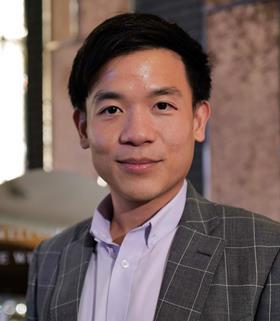




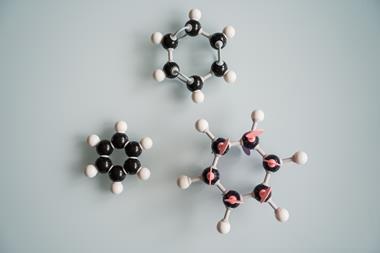
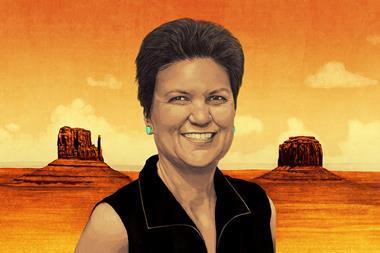
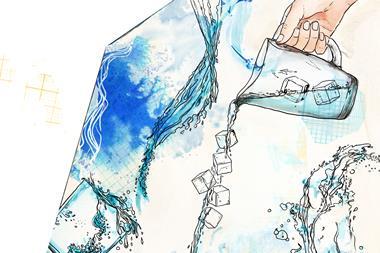





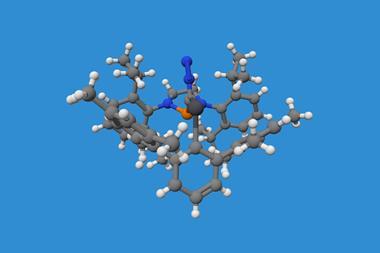
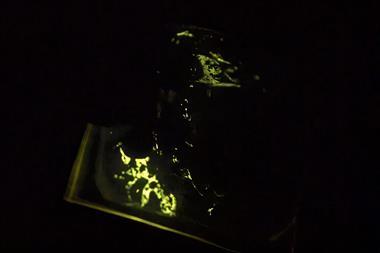





No comments yet